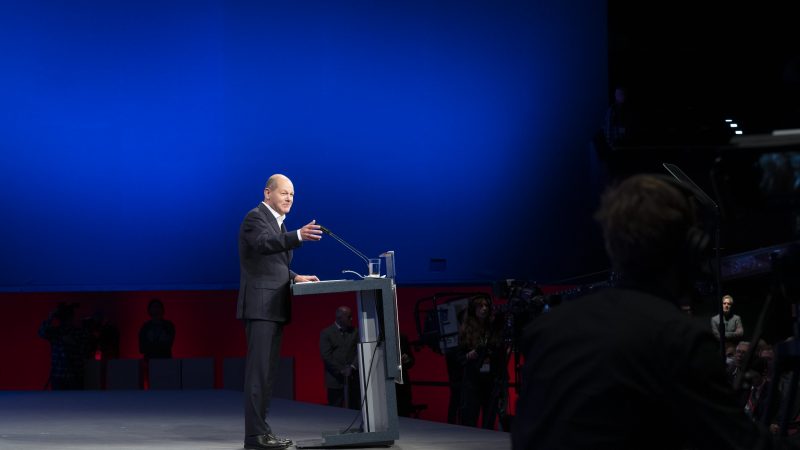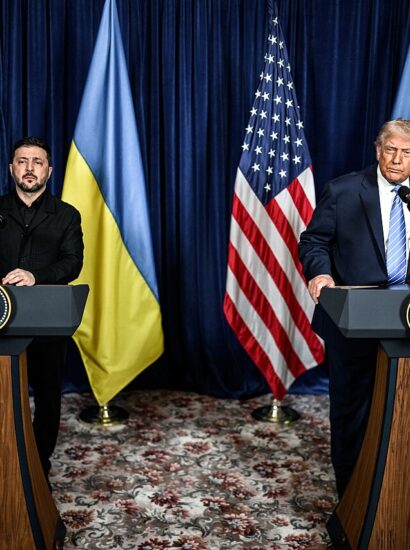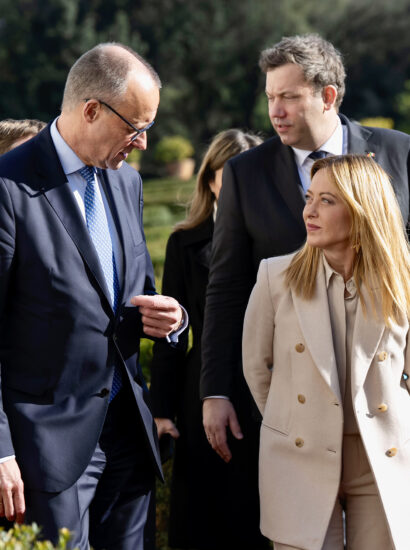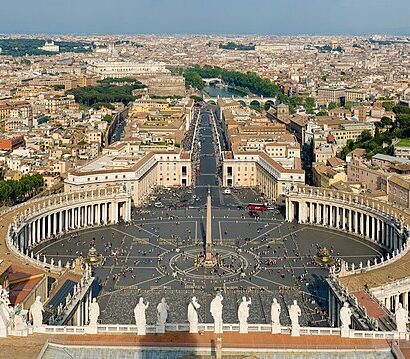Germany has never seen such a division among its citizens in modern times, as it does right now. Migration and social issues – most prominently the question surrounding farmers’ livelihoods –, coupled with foreign policy dilemmas would test any political power but Central Europe’s strongest state has shown what an agenda-fuelled, yet reckless stride for power can cause.
Former Chancellor Angela Merkel was often said to have pulled the center-right conglomerate of the Christian Social Union (CSU) and the Christian Democratic Union (CDU) to the left by celebrating multiculturalism, allowing less control on immigration and spending a great amount on social and welfare issues. So when – precisely because of this and the confusion of the parties on the European level – this led to a shift in power in 2021, it was natural that on the one hand, the left-aligned coalition of the SPD and the Greens would take its turn, with the Free Democratic Party as a third member of the red-yellow-green “Traffic Light Coalition”.
On the other hand, the left somehow had to reinvent itself to distinguish itself from the “socialized” CDU/CSU and this is where the decline started.
As Chancellor, Olaf Scholz took the helm and had to soon realize that governing a country and being mayor of a major city (Hamburg) are two completely different things.
The job has objectively been rough: first the last stages of the pandemic, then the war in Ukraine and its many effects. In this regard, Scholz’s famous Zeitenwende speech held in the German Bundestag in February 2022, was a good reaction, what is bad about it is the aftermath.
Scholz – like a true idealist – promised everything and was then so eager to deliver that the country he was supposed to direct and represent, slumped into crisis after crisis.
The sheer political will to support Ukraine has overwritten not only the sober defense policy that has earmarked German politics but also the much-needed careful energy policy considerations – that was coupled with the Greens’ pledge to end use of atomic energy in Germany once and for all – and economic strategies.
Energy, livelihood and financial crises popped up and in the great chaos of it all, policy-making has turned hasty and idea-like, resulting in the farmer protest we are witnessing now.
WOAH🚜🚜🚜
Massive farmers protest happening right now in Berlin.
Tens of thousands of people have shown up to support them.
Did you see any of this in the media?pic.twitter.com/e5hLhrGXHK
— PeterSweden (@PeterSweden7) January 15, 2024
If the CDU and CSU were said to have lost their identities on the European level, it is all the more true about Scholz and his government. Out-of-touch, vague and thoughtless policy is not going to last, especially in this day and age – after the times had changed, so to speak.
Scholz and company have to regroup and rethink their priorities because with the advent of the far-right AfD, the political costs will not be marginal and they will not be relative.








[…] the end, it may help ascertain whether Germany is ready to make a seminal strategic shift, a real Zeitenwende. It will also shape Europe’s fate as it confronts its most hostile security environment since […]